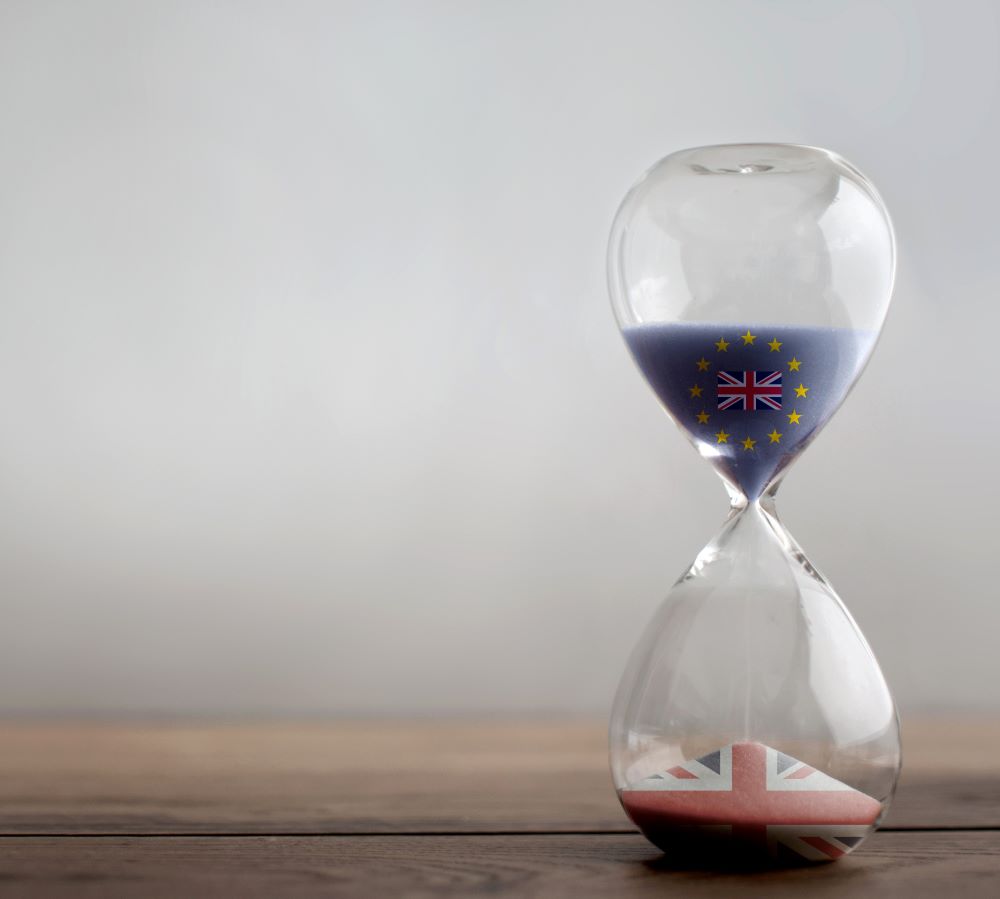
The EU’s chief negotiator Michel Barnier has told member states that there could be a short no-deal period at the beginning of January, even if a deal is reached with the UK this week.
Although both UK MPs and the European Parliament are on notice to pass any deal that emerges from the extended talks, it is unlikely they would have time to implement legal procedures to bring the treaty into force on 1 January.
Talks ongoing
A senior source told RTÉ News that a no deal interval period is “probably the most likely” scenario unless an agreement is reached in the next few days.
Despite this, another source said member states expected the talks to continue until the end of this week, if not beyond.
Progress on level playing fields
The FT reports that the talks are being allowed to continue because there has been progress on level playing field rules – one of the major sticking points in the talks to date.
People close to the negotiations told the FT that progress in the talks since Friday had been made towards cracking the challenge of designing a system that can satisfy EU demands for fair business competition without falling foul of the UK’s determination to escape EU rules.
UK accepts need for mechanism
According to the Guardian, Michel Barnier today (14 December) told EU ambassadors that, “for the first time”, the UK now accepted that some form of mechanism would be needed in case there were “systemic divergences”.
“This mechanism needs to be credible, effective and quick,” he added. “We are working on this.”
Alternative mechanisms
The EU has proposed punitive tariffs as the mechanism for ensuring alignment – a so-called “ratcheting clause” – but this has been described as a threat to sovereignty by Boris Johnson and negotiator David Frost.
According to the Times, alternative mechanisms are being discussed, including some form of independent arbitration for when the two parties diverge on standards and rules.


